Biology shows us that nothing in nature is truly waste – byproducts can become a valuable resource. Biosolutions are transforming manufacturing side streams into useful ingredients: grain leftovers turn into nutritious supplements and dairy byproducts create new food ingredients. These biological processes help manufacturers get more value from every input while reducing waste, creating a more circular food production system.
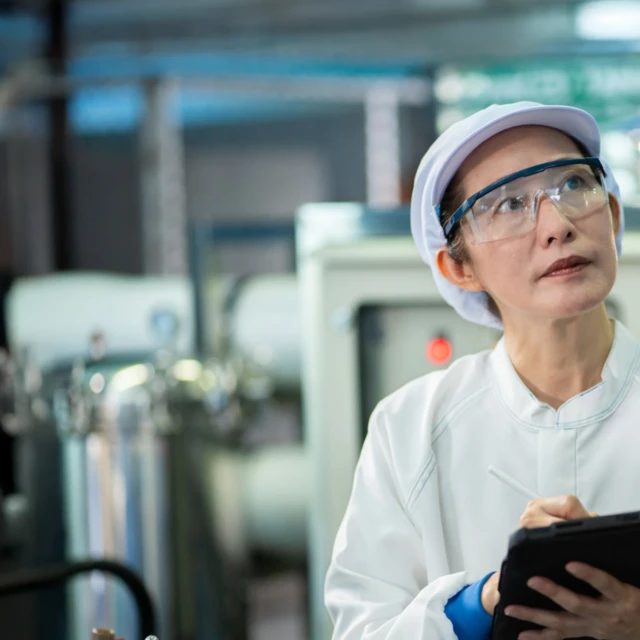
Producing more food with less resources and less waste
The big efficiency boost
Biology is advancing food production by boosting efficiency and reducing waste – all while using fewer resources and catering to consumer preferences
Working smarter,
wasting less
Food manufacturers face a complex challenge: maximizing output while their costs soar and resources grow scarcer. Raw materials, energy, and water expenses keep climbing, just as pressure mounts to reduce chemical use and environmental impact.
The industry needs solutions that can boost efficiency, minimize waste, and maintain food quality while using fewer resources. Many of those solutions are already at work – and there is so much more they could achieve.

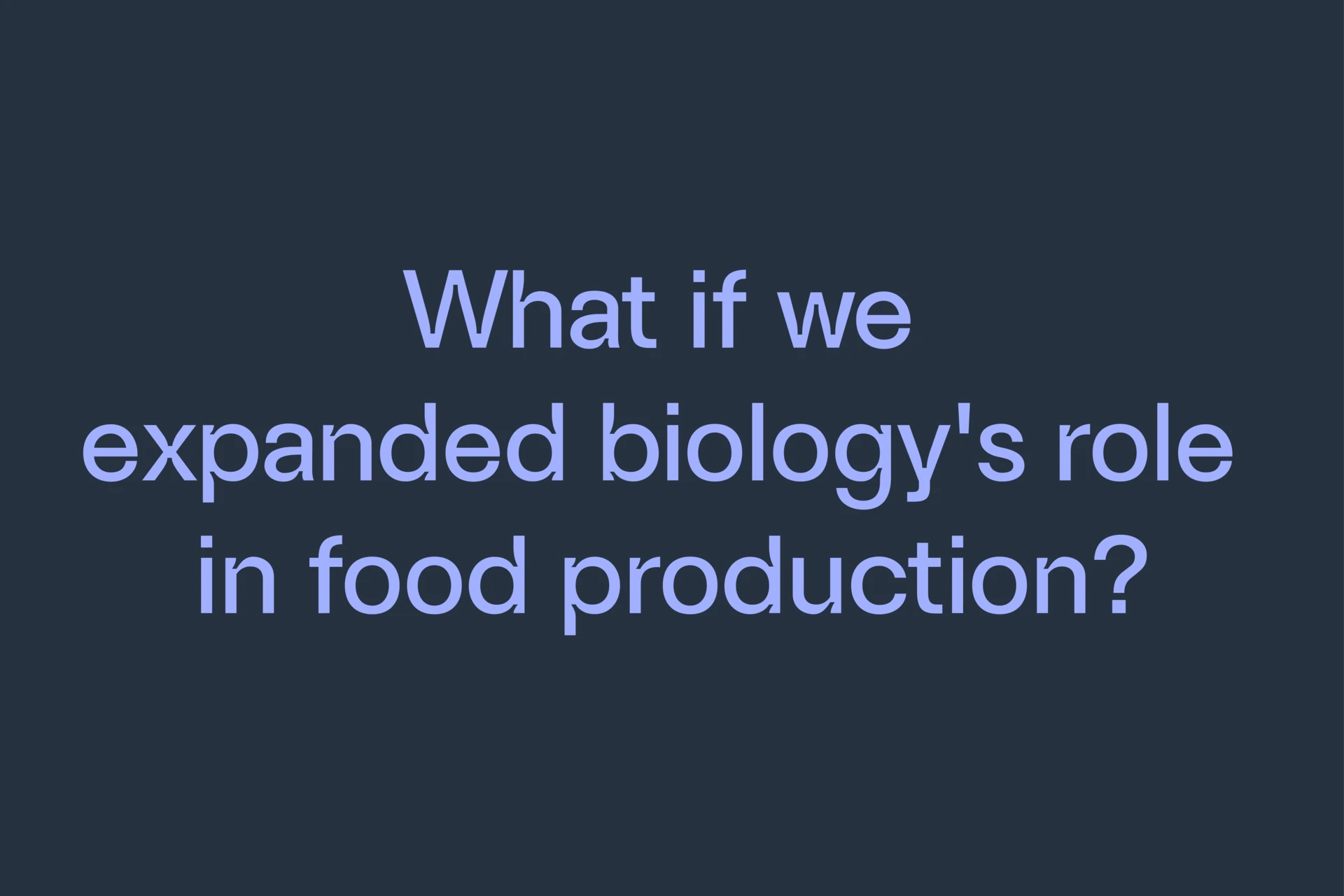
Food makers squeeze more value from every resource
Evolved over millions of years to transform ingredients efficiently, enzymes and microorganisms are already at work throughout food manufacturing: extracting more fermentable sugars from grains in breweries, improving dough texture and shelf life in bakeries, and converting milk into cheese while creating value from waste streams. By working with these biosolutions, manufacturers can produce more while using less energy and water – making food production more efficient and less wasteful.
Learn how biosolutions help manufacturers achieve greater outputs with less inputs.
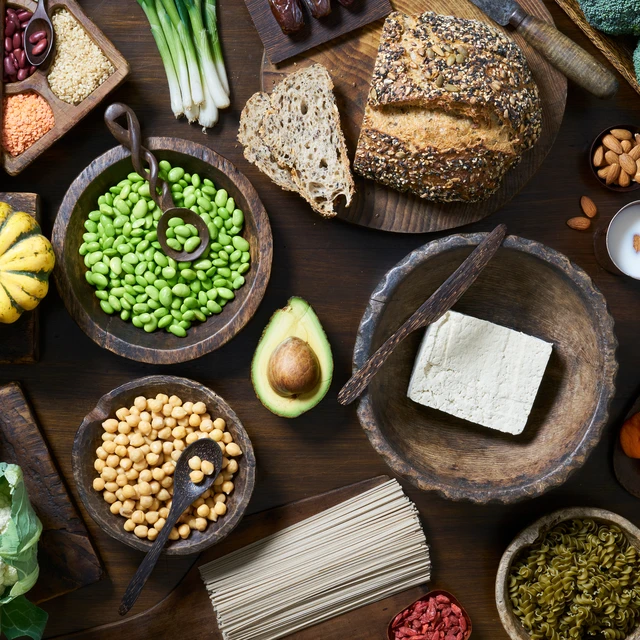
Shelf life is extended, spoilage prevented
Nature's own preservation techniques, from protective peels to fermentation, have kept food fresh for millennia. Today's biosolutions build on these proven strategies to protect food quality from production to plate. Natural preservatives and beneficial bacteria help extend shelf life while maintaining nutritional value, reducing food waste without relying on artificial additives. It's about letting nature's time-tested preservation methods work their magic in modern food production.
Discover how biosolutions are helping keep yogurt and bread fresher for longer.

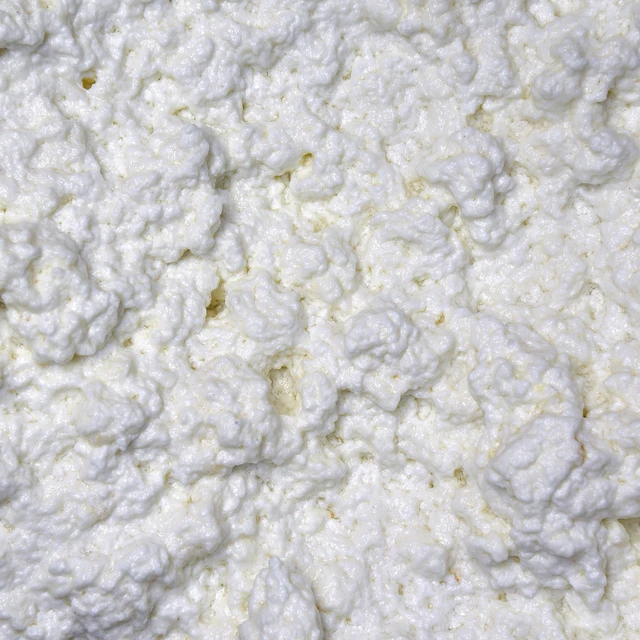
Waste is turned into valuable side streams
Waste is turned into valuable side streams
Local raw materials
are in play
Biosolutions adapt naturally to local ingredients, reducing the need for expensive processing and long-distance transport. This opens up new possibilities for manufacturers to work with nearby farmers and use regional raw materials more efficiently. The benefits flow both ways: manufacturers cut costs and reduce waste, while local communities benefit from stronger food production networks. It's a great way to make local ingredients work better for everyone.
Find out how brewers in Africa produced a local beer made from locally-grown cassava.
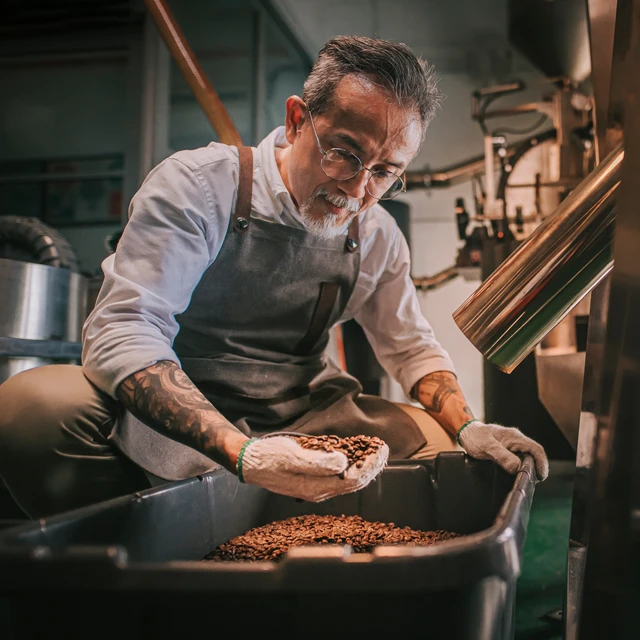
Let’s bring biology back to food manufacturing
By scaling these biosolutions, together we can help manufacturers produce more with less, cut waste, and create more value from local resources. It's time to unlock biology's full potential in food manufacturing.
Explore more on how biosolutions are helping nourish a growing world.
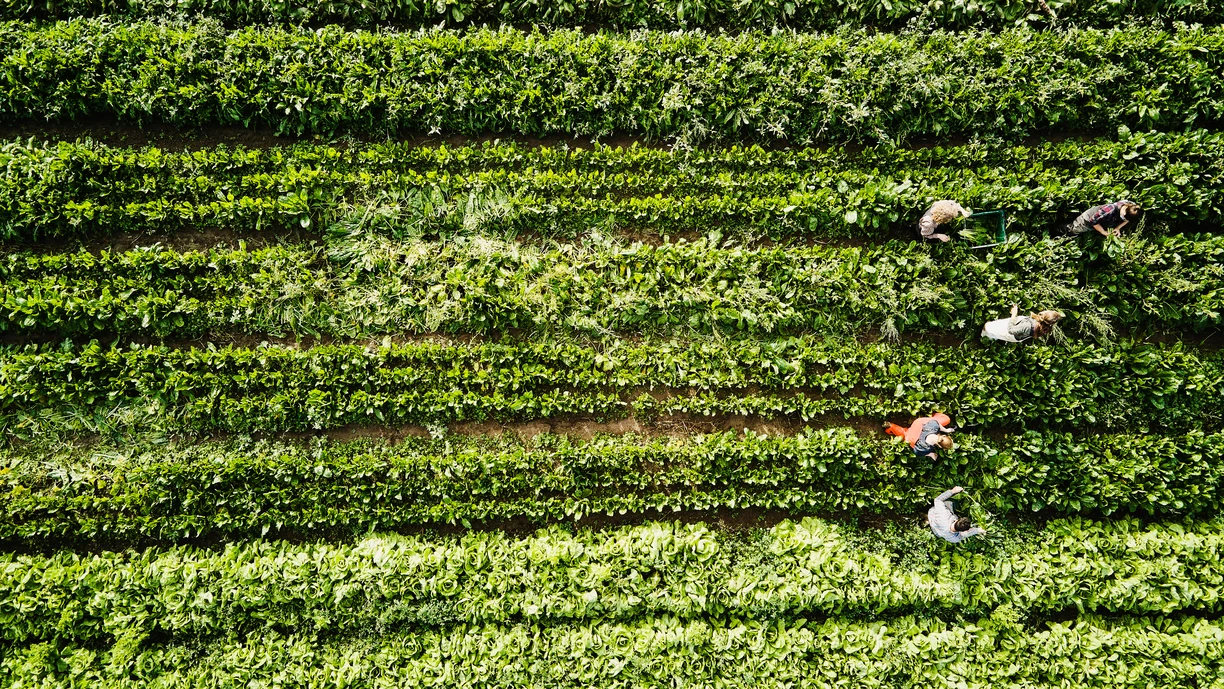
Food manufacturing is only one step;
Explore the rest of the story
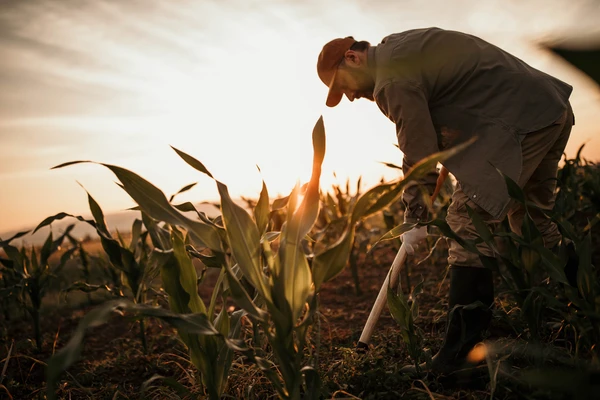
Building soil health and resilience
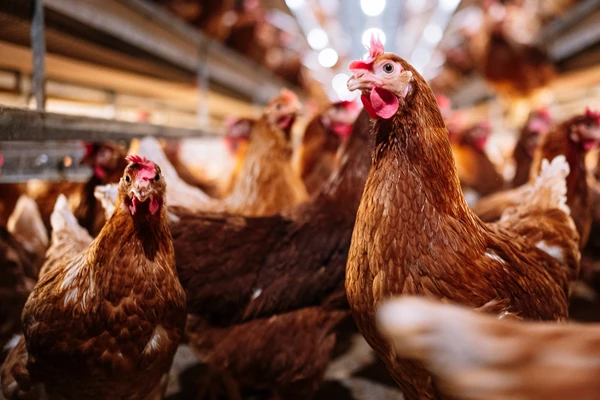
Meeting growing protein demand, efficiently

Securing access to healthier food
Want to explore innovative cases where biology is already transforming our food systems?